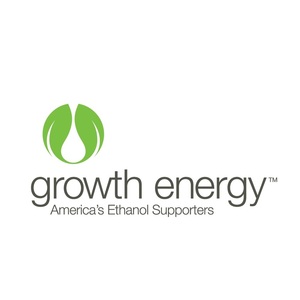Growth Energy urges EPA COVID-19 panel to examine air toxics

May 15, 2020
BY Erin Krueger
In a letter to the U.S. EPA’s Science Advisory Board, Growth Energy urged members of a new COVID-19 Review Panel to examine the impact of toxic gasoline additives on respiratory health, as well as the potential benefits offered by biobased alternatives like ethanol.
“As you explore the human costs of air pollution, including heightened risk from COVID-19 among vulnerable communities, we urge SAB members to examine the wide body of related research pointing to readily available solutions,” wrote Chris Bliley, Senior Vice President of Regulatory Affairs at Growth Energy. “Federal regulators have long acknowledged that biofuels reduce greenhouse gas emissions by 39 percent or more, but ethanol also serves as the single most affordable and abundant alterative to toxic fuel additives, including benzene, toluene, ethylbenzene, and xylene. These petroleum-based aromatics play a dominant role in the formation of toxic emissions linked to cancer, as well as neurological, cardiovascular, and reproductive damage. They also drive significant increases in particulate emissions, which cause asthma and contribute to heart and lung disease.”
The SAB’s COVID-19 Review Panel was created in April to provide rapid advice on scientific issues to inform EPA’s response to the crisis. Among the topics the panel is charged with considering are environmental factors affecting the transmission and severity of COVID-19, including air pollutants like ozone, particulate matter, and diesel exhaust.
“Now more than ever, it’s critical that the EPA explore the full impact of petroleum-based aromatics on air quality,” added Bliley, who recommended the agency examine data linking particulate matter and negative health impacts, including groundbreaking research by Dr. Steffen Mueller at the University of Illinois Chicago’s Energy Resource Center.
Advertisement
Advertisement
Advertisement
Advertisement
Related Stories
Bangkok Airways Public Company Limited has officially announced the adoption of sustainable aviation fuel (SAF) on its commercial flights, reinforcing Thailand’s green aviation industry. The initiative took effect starting July 1, 2025.
Avalon Energy Group LLC and Sulzer Chemtech have signed a strategic alliance and partnership agreement to scale up the production of SAF. Under the agreement, Avalon has selected BioFlux technology for its portfolio of SAF projects.
The USDA has announced it will delay opening the first quarterly grant application window for FY 2026 REAP funding. The agency cited both an application backlog and the need to disincentivize solar projects as reasons for the delay.
Neste and DHL Express have strengthened their collaboration with the supply of 7,400 tons (9.5 million liters) of neat, i.e. unblended, Neste MY Sustainable Aviation Fuel to DHL Express at Singapore Changi Airport starting July 2025.
CoBank’s latest quarterly research report, released July 10, highlights current uncertainty around the implementation of three biofuel policies, RFS RVOs, small refinery exemptions (SREs) and the 45Z clean fuels production tax credit.
Upcoming Events










